Why Swiss cities dominate the cocaine hit parade
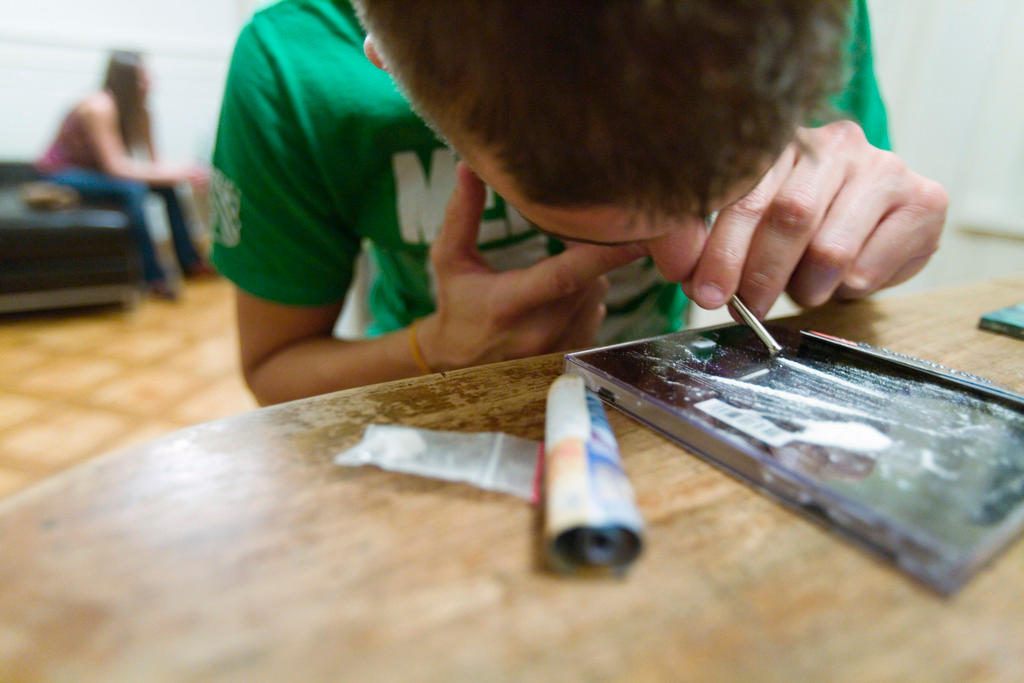
In terms of European cocaine usage, half of the top ten cities are Swiss. Switzerland’s low regulation and high purchasing power offer ideal conditions for buying or consuming drugs, says national research centre Addiction SwitzerlandExternal link.
Some five tonnes of cocaine are consumed each year in Switzerland – with revenues of around CHF330 million ($330 million) – according to the European Monitoring Centre for Drugs and Drug AddictionExternal link. Swiss cities take five of the top nine slots for European consumption.
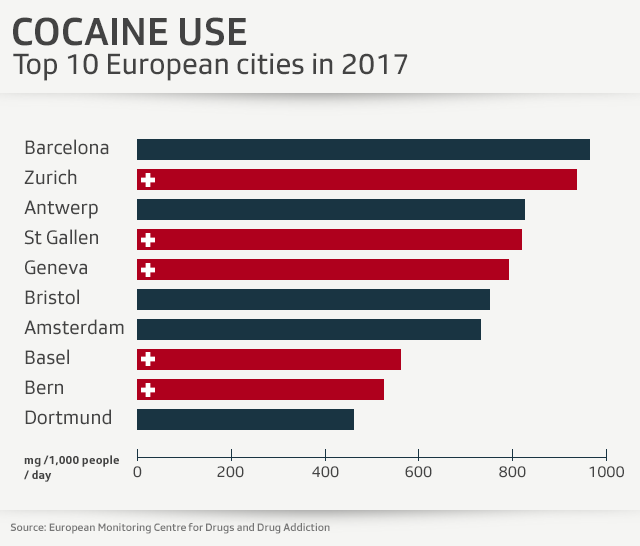
The cocaine comes mainly from West African networks, reports Addiction Switzerland. Heroin, meanwhile, is imported and sold mainly by Albanian groups, with the quantity in circulation estimated at 1.8-2.5 tonnes a year.
“Illegal substances can be found in cities quickly and relatively easily,” notes the Addiction PanoramaExternal link for 2019, which gives an overview of the consumption of addictive substances.
“Legal products are also everywhere and cheap. They can be bought around the clock on almost every street corner, in shops, petrol stations, vending machines, kiosks, casinos and online,” points out the report.
But even the cheap options result in high social costs. Every year problems linked to dependency – either of substances or gambling – result in more than 11,000 deaths and social costs of around CHF14 billion.
Addiction Switzerland says providers of alcohol, tobacco and gambling have successfully lobbied parliament and the Federal Council, Switzerland’s executive body, against increased market regulation. Health experts called for “brave measures” such as banning the cheapest products, less advertising and shorter opening times of shops.
Alcohol sales benefit from a particularly liberal regulation, the organisation said, adding that it would be possible to reduce alcohol-related problems by raising prices, “but political will seems to be lacking, while the social costs of alcohol are estimated at just over CHF4.2 billion a year”.
The same goes for tobacco, where the number of smokers has remained at just over 25% of adults for the past seven years. Tobacco is responsible for almost 9,500 deaths a year in Switzerland, where 9.6 billion cigarettes were sold in 2017.
Cannabis remains the most consumed illegal substance. Although Switzerland changed its laws in 2011 to let adults buy and use cannabis with up to 1% tetrahydrocannabinol (THC), the cultivation, consumption and sale of cannabis with a THC content over 1% is banned. Given reforms of cannabis law internationally, for example in North AmericaExternal link, Addiction Switzerland urged the development of regulation adapted for Switzerland.

In compliance with the JTI standards
More: SWI swissinfo.ch certified by the Journalism Trust Initiative
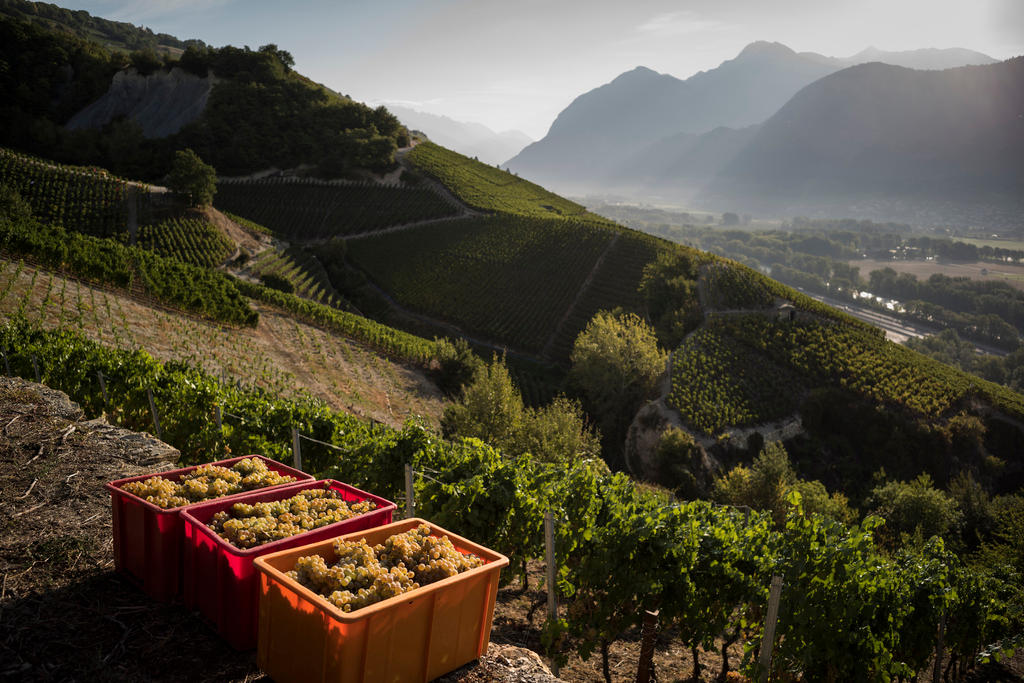
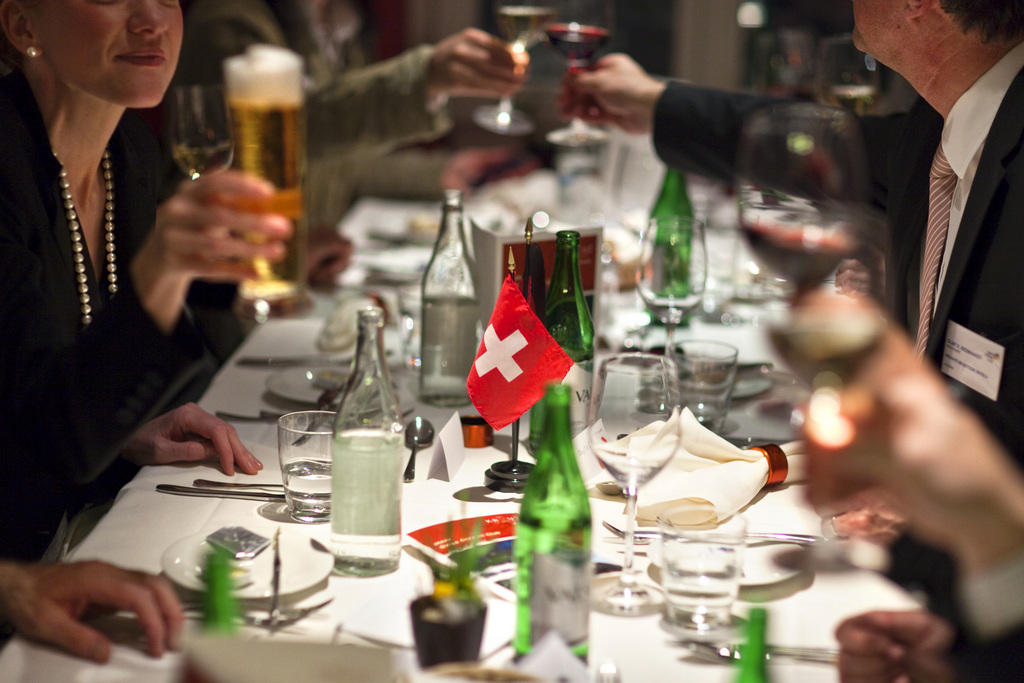
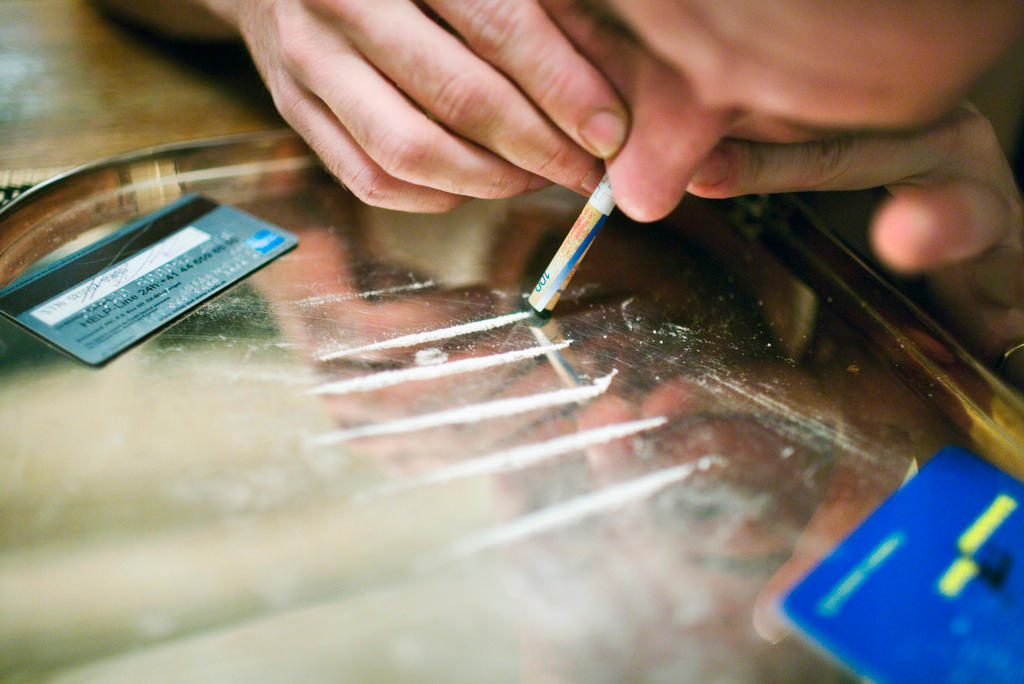
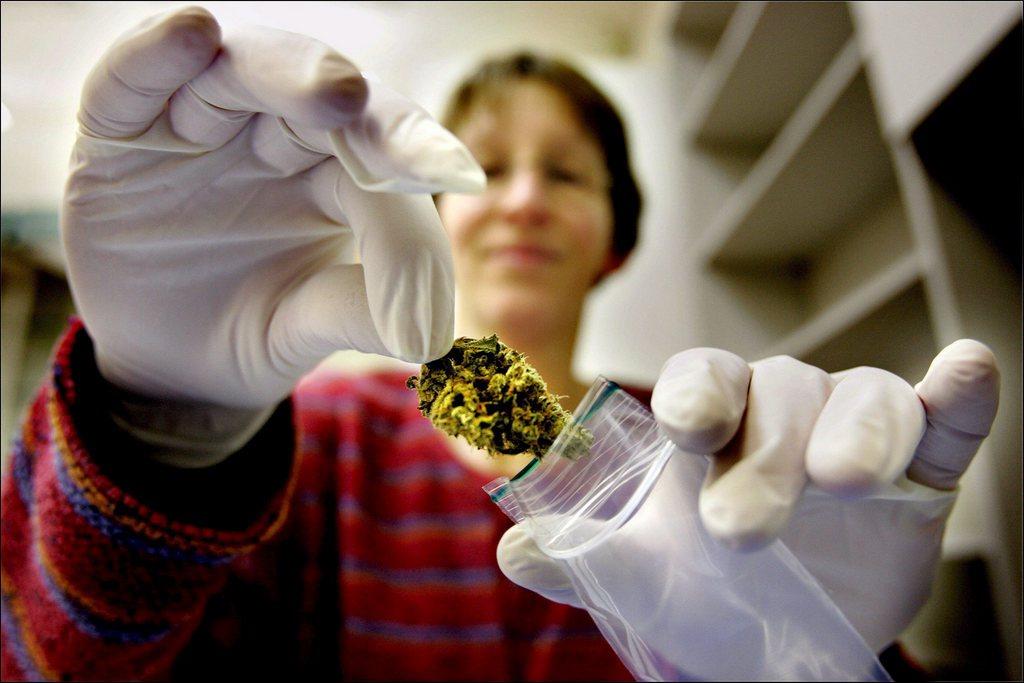
You can find an overview of ongoing debates with our journalists here. Please join us!
If you want to start a conversation about a topic raised in this article or want to report factual errors, email us at english@swissinfo.ch.